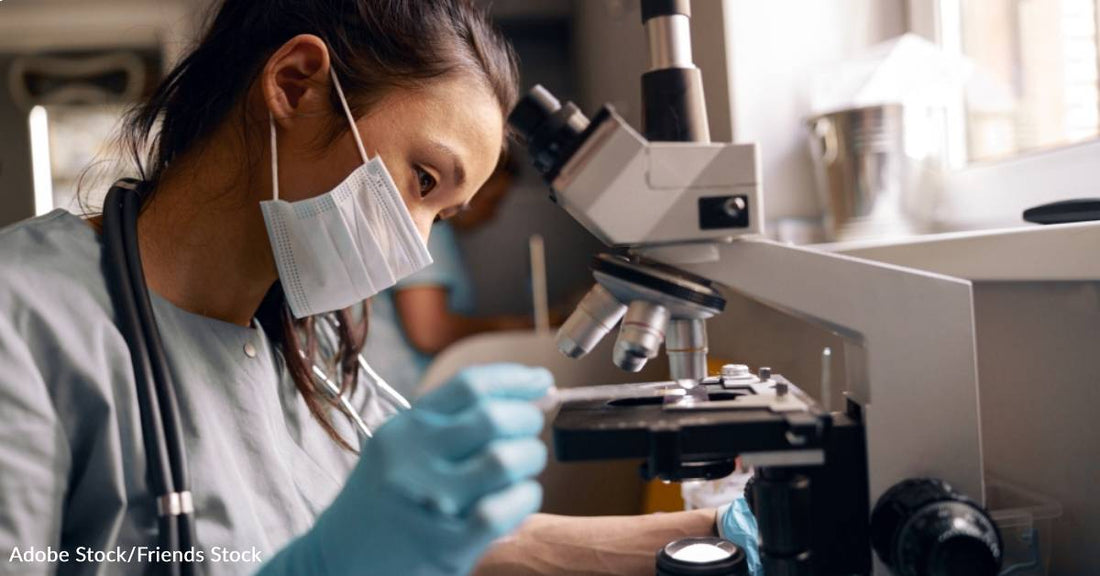Researchers Discover That Some Cells Outside the Pancreas Are Capable of Making Insulin
Elizabeth Morey
In a surprising and exciting discovery, researchers at Yale and the Weizmann Institute of Science have found the first evidence ever recorded that cells outside of the pancreas may be capable of producing insulin on their own.
The researchers analyzed single-cell data from fetal and neonatal tissue. They were looking for transcriptional or RNA differences between fetuses and newborns, because fetuses are not exposed to an abundant microbiome the way newborns are. They were surprised, however, to find insulin-producing cells in gut tissue, specifically in the small intestine.
"It was completely serendipitous," says Dr. Liza Konnikova, an assistant professor in pediatrics and obstetrics, gynecology, and reproductive sciences at Yale School of Medicine, a member of the Human and Translational Immunology Program, and co-senior author of the study. "The more we looked into it, we realized that insulin was originating from within the small intestine. We were able to show that both the RNA and the protein are made in the small intestinal cells. Moreover, signaling for insulin production is also intact in these cells."
It appears that cells in unborn babies' small intestines produce insulin spontaneously and have a complete expression signature. The researchers believe the production of insulin in the small intestines may help promote the growth and maturation of the intestines in preparation for birth.
Until now, our understanding has been that humans are only able to produce insulin via beta cells in the pancreas. Type 1 diabetes occurs when the body attacks its own beta cells, thereby disabling itself from producing the insulin it needs to regulate glucose levels in order to survive. People with type 1 diabetes require manmade insulin to stay alive long-term.
However, this new discovery may lead to future treatments that may involve stimulating cells in other areas of the body to produce insulin.
"Cells in the intestinal tract are a wonderful potential source of insulin because they are continuously renewed from intestinal stem cells," says co-lead author Shalev Itzkovitz, associate professor at the Weizmann Institute of Science, a research institution based in Israel. "This could be an advantage in Type 1 diabetes, where insulin-producing cells are under attack from our immune system."
Other research has previously shown that human intervention could be used to manipulate proteins and cause cells outside the pancreas to produce insulin. However, it has never been discovered before that other types of cells could produce insulin on their own.
Their findings were published in the journal Nature Medicine.





